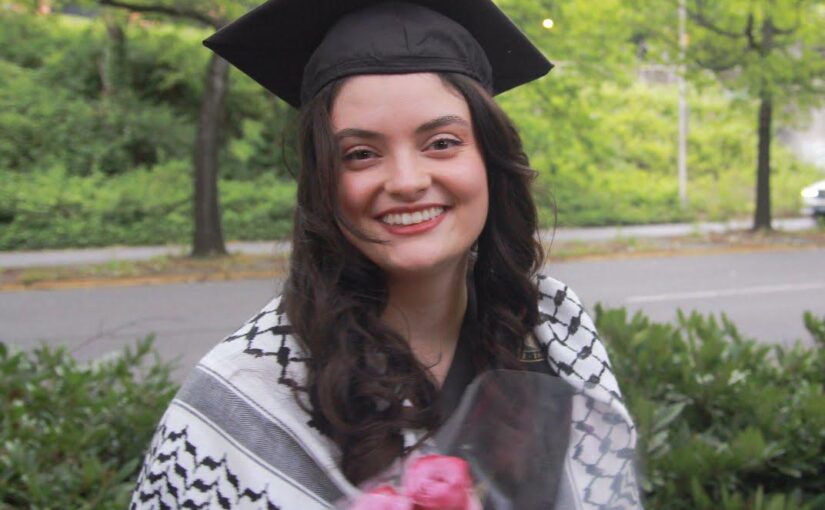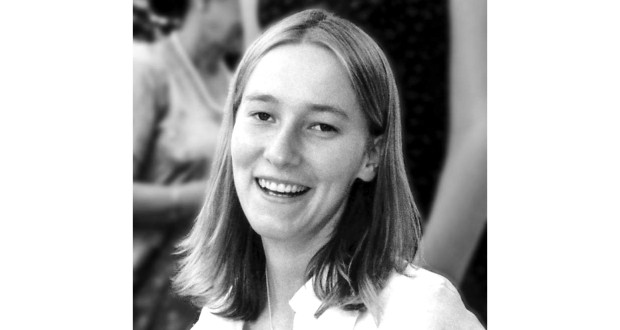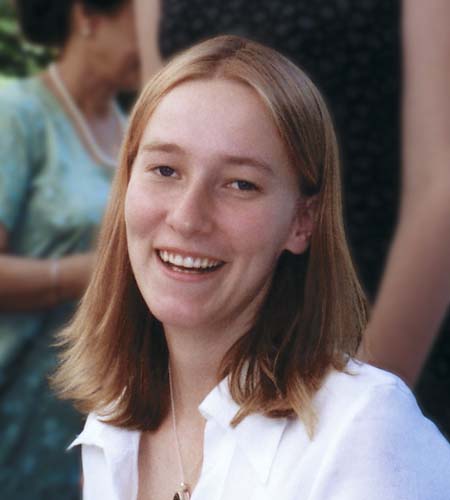Tag: Rachel Corrie
-
A Response to the Killing of Aysenur Ezgi Eygi (From Cindy and Craig Corrie)
The Corries are the parents of Rachel Corrie, a volunteer with the International Solidarity Movement (ISM) who was killed by the Israeli military on March 16, 2003, as she stood to prevent the demolition of a Palestinian home in Rafah, Gaza Strip. September 6, 2024 On Friday, a soldier in the Israeli military killed American…
-
Remembering Rachel Corrie
16th March 2019 | International Solidarity Movement, occupied Palestine Today marks the sixteenth anniversary since the passing of ISM activist Rachel Corrie. She was 23 at the time of her passing. Rachel was tragically crushed to death under the front blade of an Israeli military Caterpillar bulldozer near Rafah, in the southern region of the Gaza Strip. Rachel…
-
Honoring Rachel Corrie
16th March 2017 | International Solidarity Movement, occupied Palestine Today, March 16th, 2017, marks 14 years since the day that Rachel Corrie had her life taken. And though her life ended early, her courageous heart and defiant spirit will be carried onward, and continue to inspire many activists now and into the future. Holding a…



